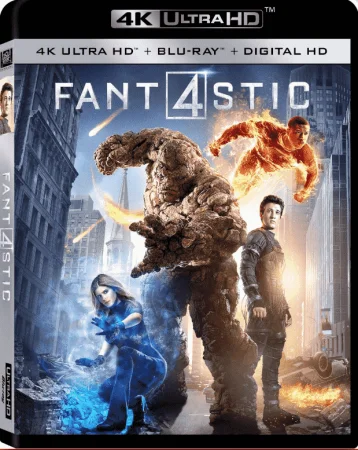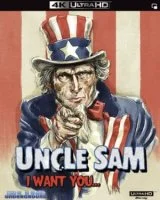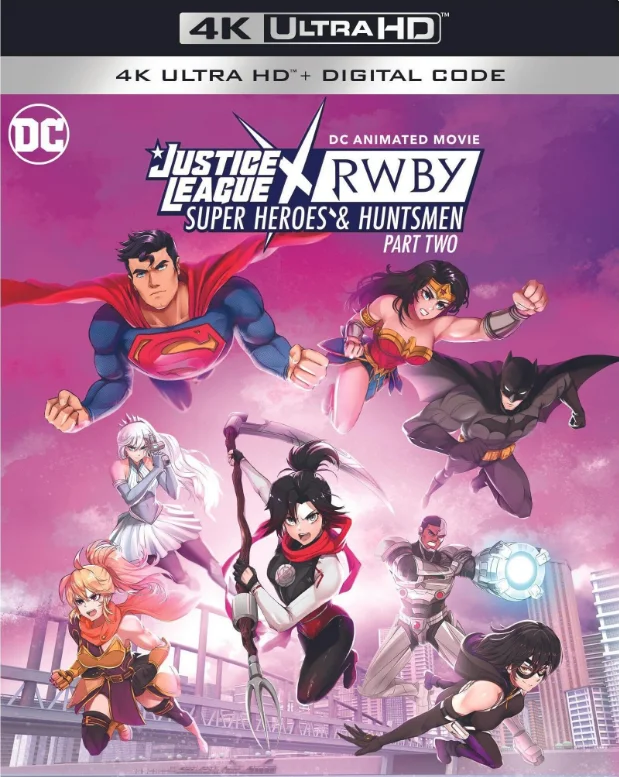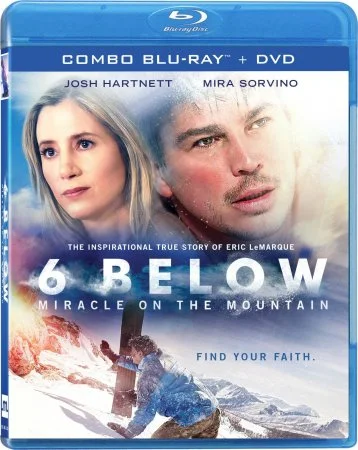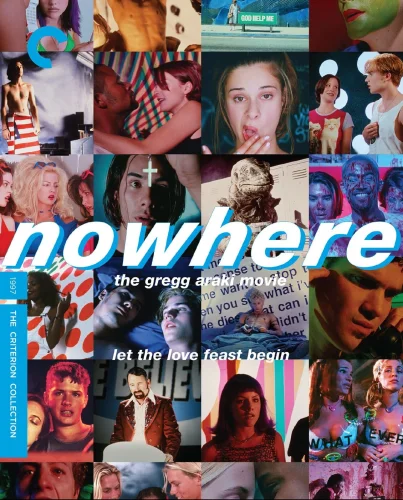The Fantastic Four: First Steps 4K 2025 Ultra HD 2160p
Storyline
Set against the vibrant backdrop of a 1960s-inspired, retro-futuristic world, Reed Richards, Sue Storm, Johnny Storm and Ben Grimm face their most daunting challenge yet. Forced to balance their roles as heroes with the strength of their family bond, they must defend Earth from a ravenous space god called Galactus and his enigmatic herald, then Silver Surfer. And if Galactus' plan to devour the entire planet and everyone on it weren't bad enough, it suddenly gets very personal.
User Review
Fantastic Four: First Steps is a rare example of a superhero film in which the visual style, acting, and tone set the right tone from the very first scenes. There is none of the excessive seriousness of recent years, and no attempt to turn the heroes into philosophers. Instead, viewers are offered a light but not empty spectacle, where classic characters appear alive, recognizable, and surprisingly human. At the same time, it should be noted that despite the overall positive impression, the film lacks coherence, primarily in the logic of the narrative and the explanation of a number of key moments.
Perhaps the most obvious success of the film is its cast. Pedro Pascal, who plays Reed Richards, has found a balance between intellectual detachment and deep personal anxiety. His character is well-balanced, reserved, but not cold. Vanessa Kirby as Sue Storm brings warmth and strength, becoming the emotional anchor of the team. Joseph Quinn and Ebon Moss-Bachrach are not far behind — their characters are charming and lively, but not fully revealed. It is especially nice that there is a palpable interaction between the actors: the team really resembles a family, with all its arguments, support, and weariness with each other. This is a rare case where superheroes behave not as a set of functions, but as people you want to listen to and care about.
Visually, the film is one of the most cohesive in the MCU in recent years. Director Matt Shakman chose a pronounced retro-futurism of the 60s, and this decision works not only on an aesthetic level, but also as a way to set the tone for the whole story. The landscapes of New York, analog devices, laboratory designs, and character costumes do not look artificial — they are logically integrated into the world in which the events take place. The space of the film is not “drawn” with graphics — it is created with attention to detail. Even the scenes in space, where it would be easy to slip into digital abstraction, look clear, structured, and emotionally rich. The episodes with the Silver Surfer stand out in particular — a character who is both mysterious and visually expressive, despite his limited screen time.
Despite all its strengths, the film's plot leaves a feeling of incompleteness. The structure of events sometimes seems fragmented: scenes follow one another without proper connection, the motivations of some characters are outlined too schematically, and certain key twists are presented with obvious haste. In particular, the Silver Surfer storyline, which is important to the overall conflict, does not get enough screen time or explanation. Her actions look impressive, but it is not always clear why she acts the way she does. Some transitions require at least a minimal explanation—otherwise, the motivations and consequences are not entirely convincing. It feels like some scenes were cut for the sake of pacing, but this decision worked against the depth of the film.
The musical accompaniment deserves a special mention. Michael Giacchino wrote a soundtrack that not only emphasizes the scenes but also sets the mood of the film. The music does not rush ahead, but it does not get lost either — it supports the very atmosphere of “scientific romance” that underlies Fantastic Four. The soundtrack works especially well in scenes featuring Galactus: without turning him into a pure villain, it sets the right sense of scale and inevitability.
It was also a good decision to keep the tone of the narrative light, even naive. The film lacks the self-irony that has long been a Marvel staple, but it also lacks didactic seriousness. It is an honest story about people who find themselves in an unusual situation, told with sympathy and respect for the source material. Even the fight scenes are not for the sake of fighting, but for the sake of emotions: fear, anger, confusion, and relief are shown without exaggeration, and this is what makes the picture come alive.
Fantastic Four: First Steps is not a masterpiece, but it is a very decent start. It revives interest in a team that has long been deprived of a successful screen adaptation, and does so without pressure or ambitions for “greatness.” It's a story you want to believe in. At the same time, the film could have been truly outstanding if the creators had paid a little more attention to the logic and details of the plot. There is a lack of explanatory scenes, and some of the twists seem rushed. Nevertheless, the film leaves a bright impression and a sincere anticipation of the sequel. If the next part is just as visually polished but adds depth and detail to the script, we may be in for one of the best superhero stories of the new MCU cycle.
Info Video
Codec: HEVC / H.265 (50.3 Mb/s)
Resolution: Native 4K (2160p)
HDR: Dolby Vision, HDR10+
Aspect ratio: 2.39:1
Original aspect ratio: 2.39:1
Info Audio
#English: Dolby TrueHD with Dolby Atmos 7.1
#English: Dolby Digital 5.1
#French: Dolby Digital 5.1
#Spanish (Latino): Dolby Digital Plus 7.1
Info Subtitles
English SDH, Arabic, Bulgarian, Chinese (Cantonese Traditional), Chinese (Traditional), Croatian, Czech, Danish, Dutch, Estonian, Finnish, French (Canadian), French (Parisian), German, Greek, Hebrew, Hungarian, Icelandic, Italian, Japanese, Korean, Latvian, Lithuanian, Norwegian, Polish, Portuguese (Iberian), Slovak, Slovenian, Spanish (Latin American), Spanish (Castilian), Swedish, Turkish, Ukrainian.File size: 45.58 GB

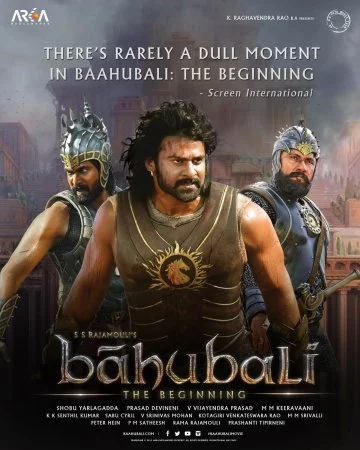
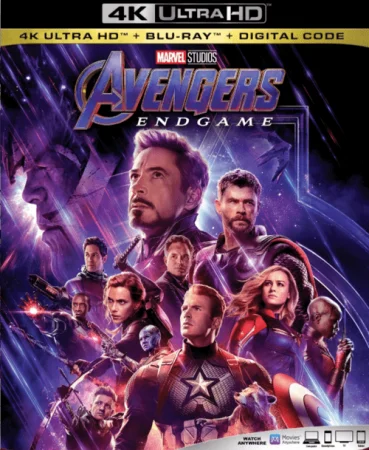
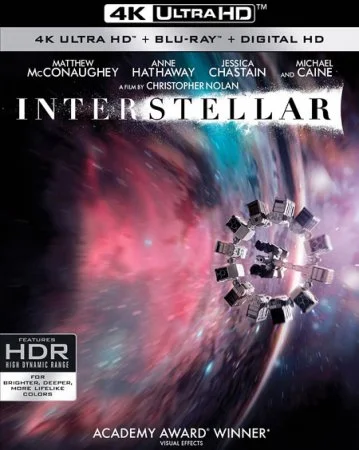

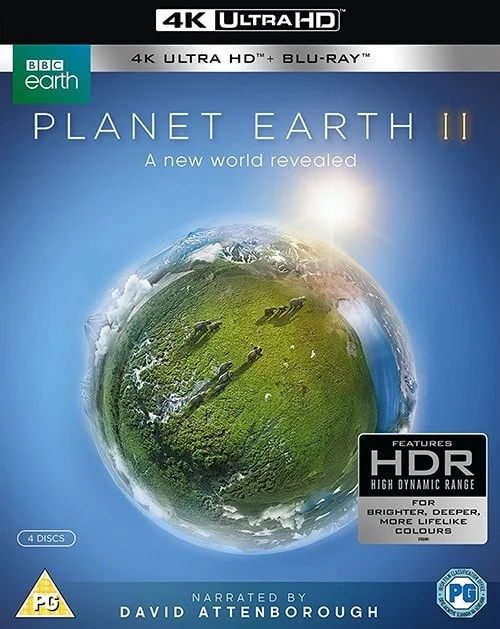
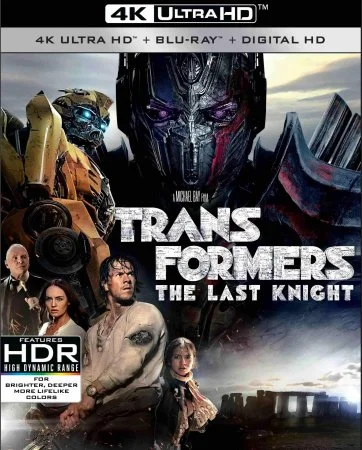
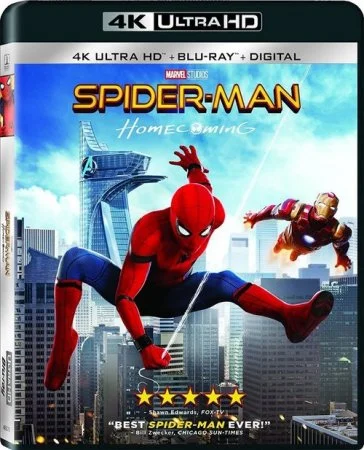
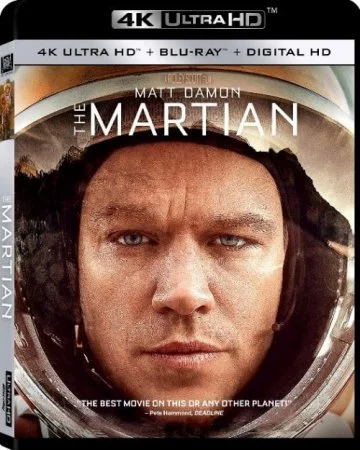
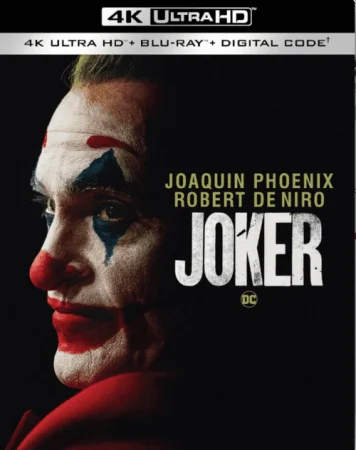
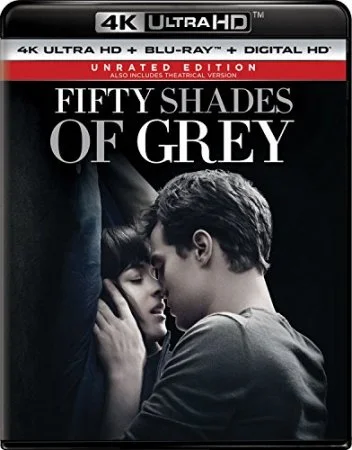
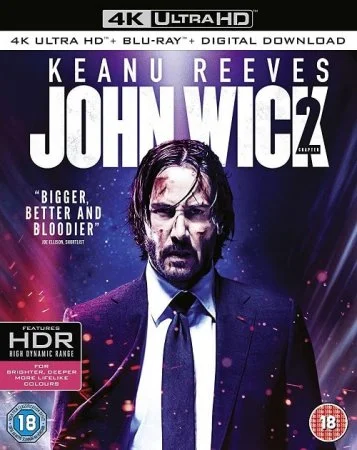


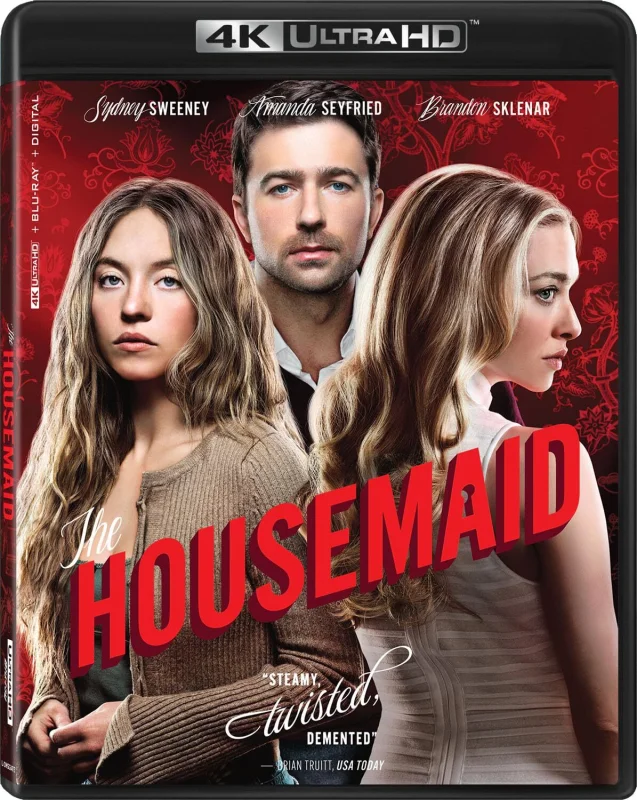
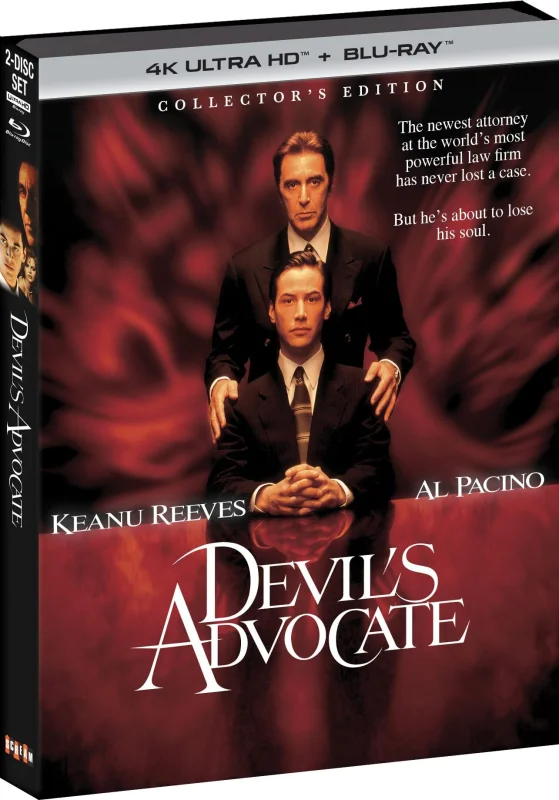
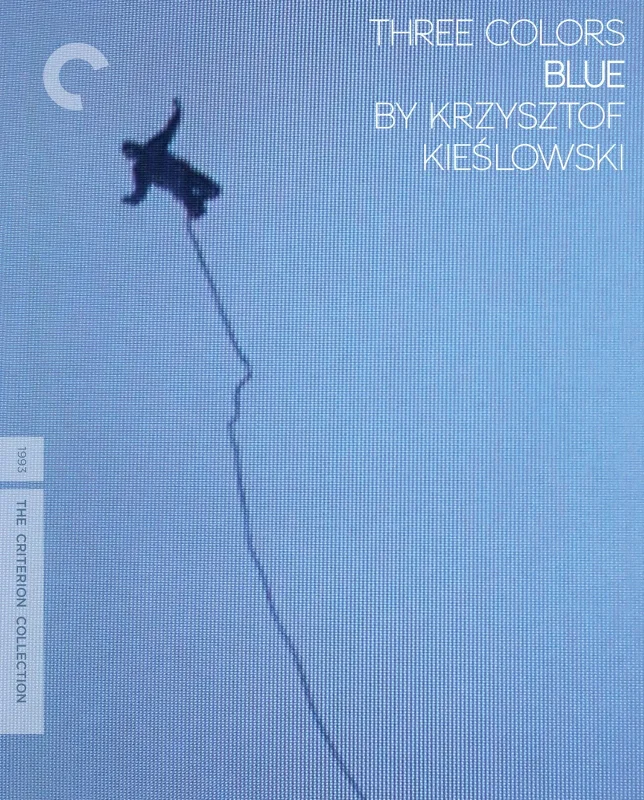
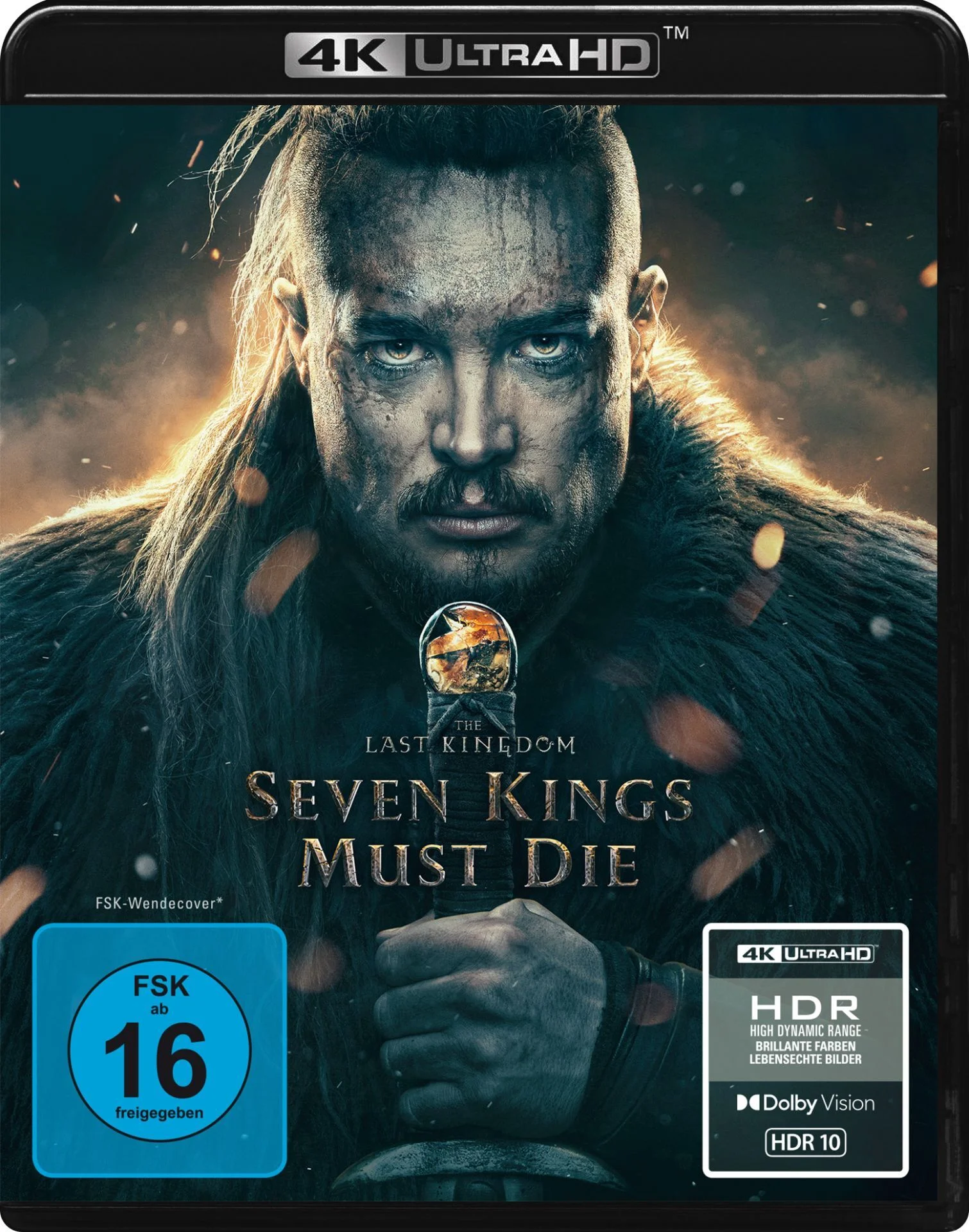
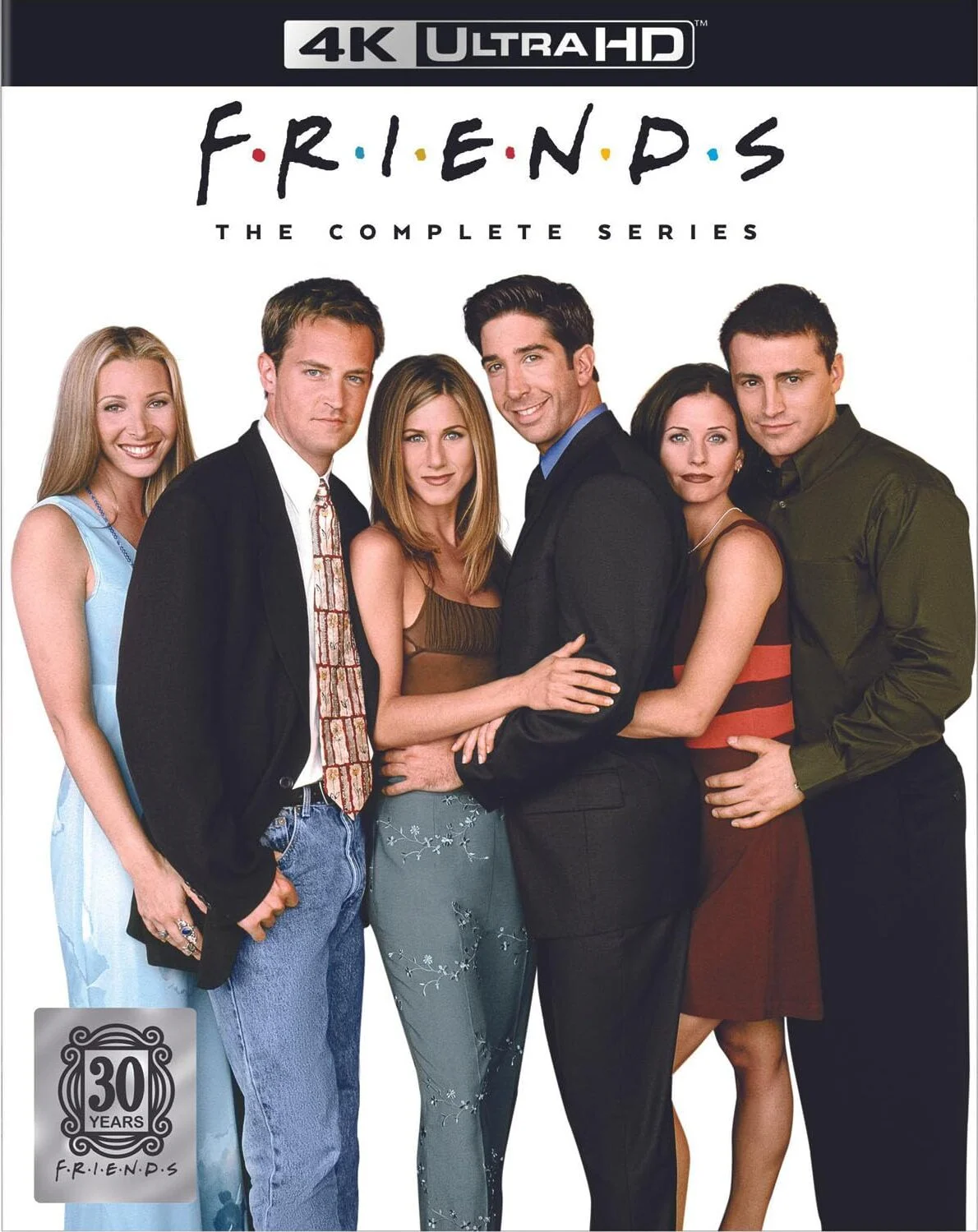
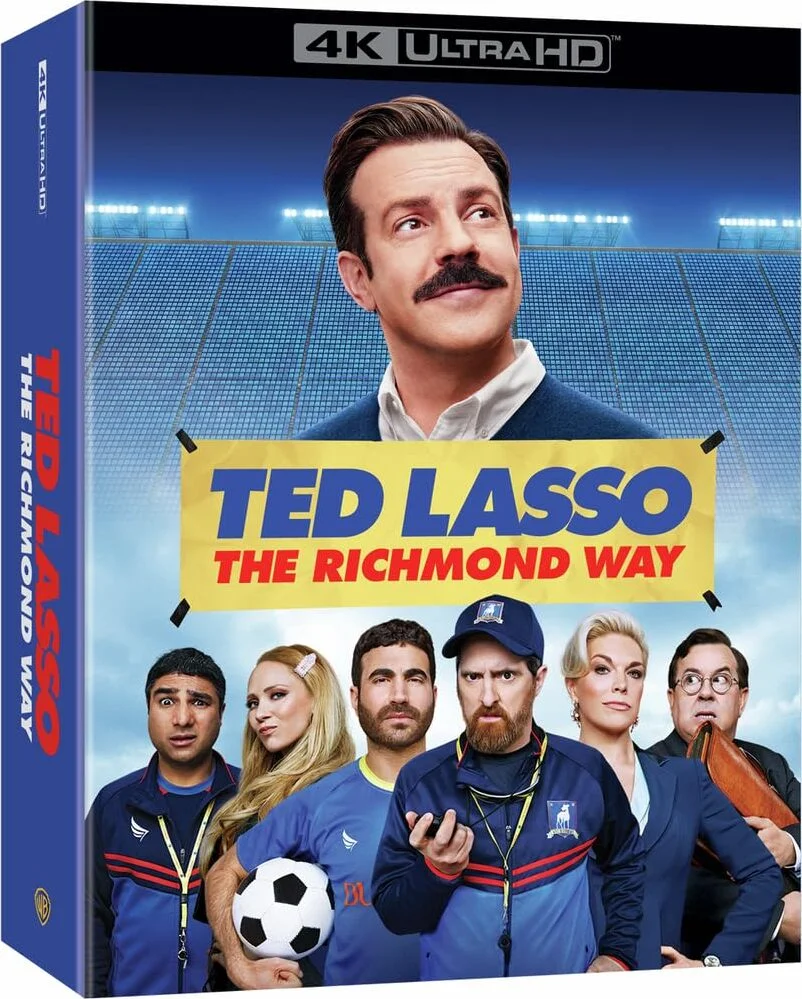


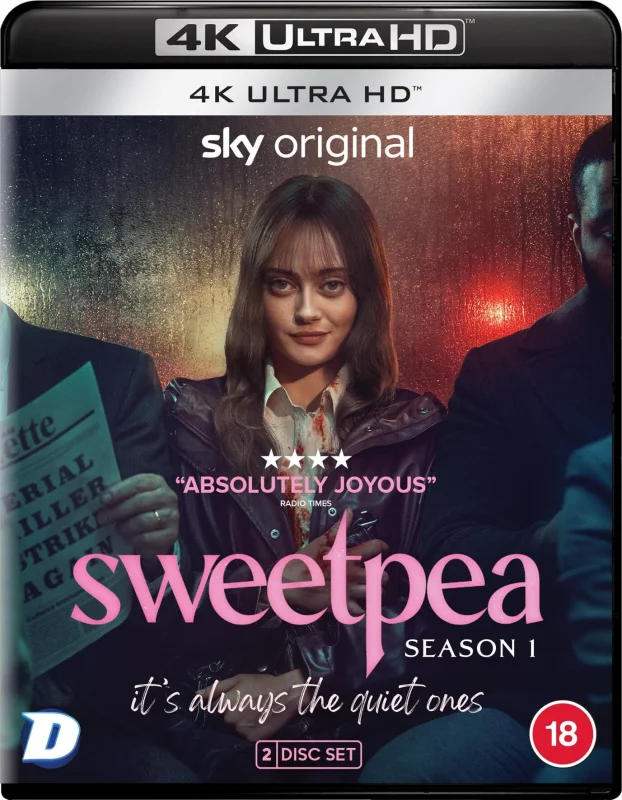
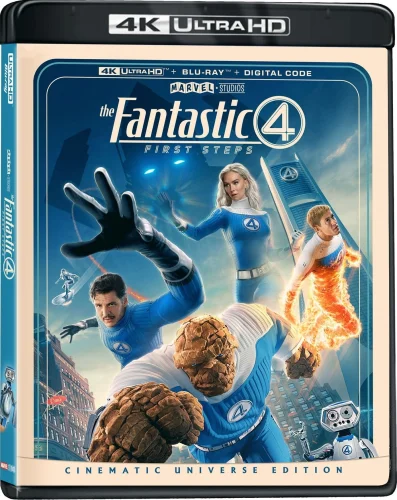
 Like
Like Don't Like
Don't Like